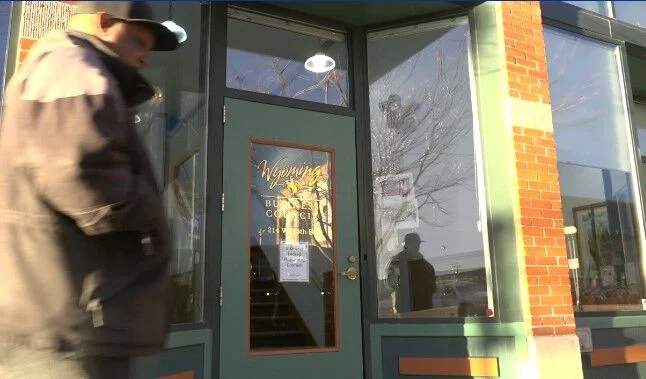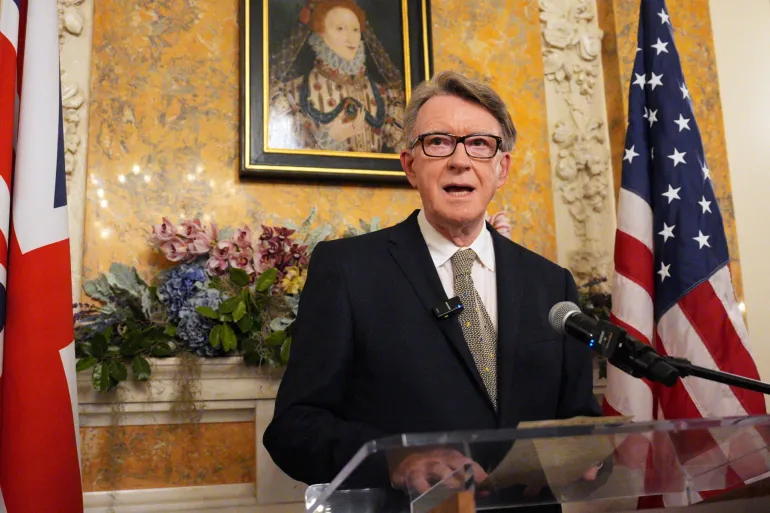A law firm representing Elon Musk and Tesla has played a role in drafting proposed changes to Delaware’s corporate law, potentially impacting the ongoing legal battle over Musk’s multibillion-dollar compensation package, ABC News reports.
The legislation aims to revise Delaware’s General Corporation Law by altering the criteria for designating a shareholder as a “controller.” This designation led to Musk losing his $55.8 billion Tesla compensation package last year, despite holding less than one-third of the company’s shares.
Under the current law, a shareholder can be classified as a “controller” based on influence over the company, even without meeting the one-third ownership threshold. The proposed amendment would change this rule, requiring a shareholder to own at least one-third of a company’s shares to be deemed a “controller.”
Legal experts are divided on whether the legislation could retroactively affect Musk’s case, as the bill does not explicitly prohibit its application to ongoing litigation. Some experts believe it could provide grounds for the Delaware Supreme Court to reconsider Musk’s compensation package, while others argue the bill would not apply to past cases.
Richards, Layton & Finger, the law firm representing Musk and Tesla, confirmed its involvement in drafting the legislation but stated it was not acting on behalf of any client. The firm emphasized that it has long been involved in shaping Delaware’s corporate statutes.
Delaware State Senator Bryan Townsend, who is sponsoring the bill, maintains that the legislation is not retroactive and would not impact Musk’s case. He noted that multiple legal experts, including an attorney from Richards, Layton & Finger, were consulted in the drafting process.
However, some legal scholars suggest that the bill’s language could still influence the court’s interpretation. Yale Law Professor Sarath Sanga pointed out that while nothing in the proposed law explicitly requires its retroactive application, there is also nothing preventing it. Tulane Law Professor Ann Lipton added that the bill could signal to the court a preference for reinstating Musk’s compensation package.
The Delaware court initially struck down Musk’s compensation package in January, with Chancellor Kathaleen McCormick citing concerns over the fairness of negotiations and the independence of Tesla’s board members. If enacted, the proposed legal changes may alter how such cases are evaluated in the future.










The latest news in your social feeds
Subscribe to our social media platforms to stay tuned